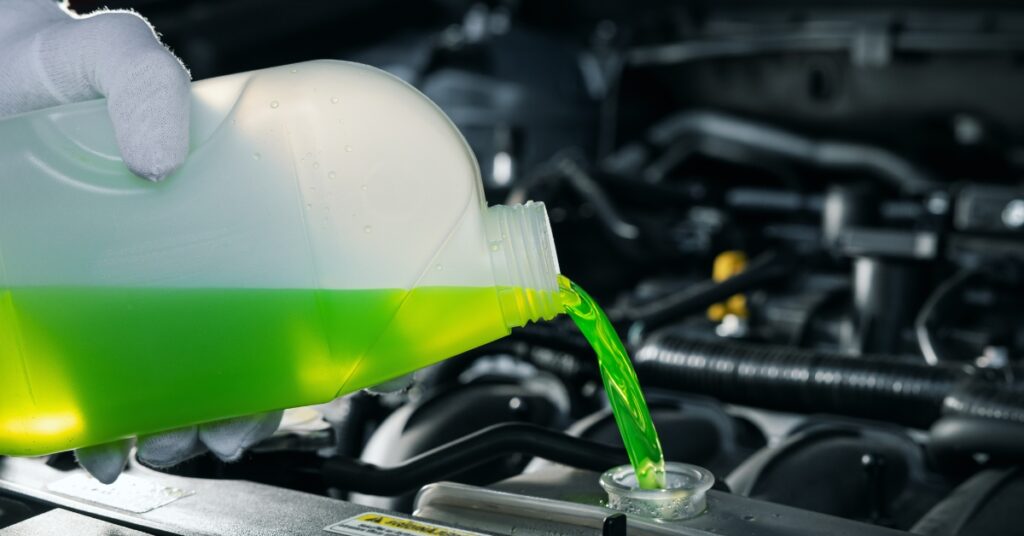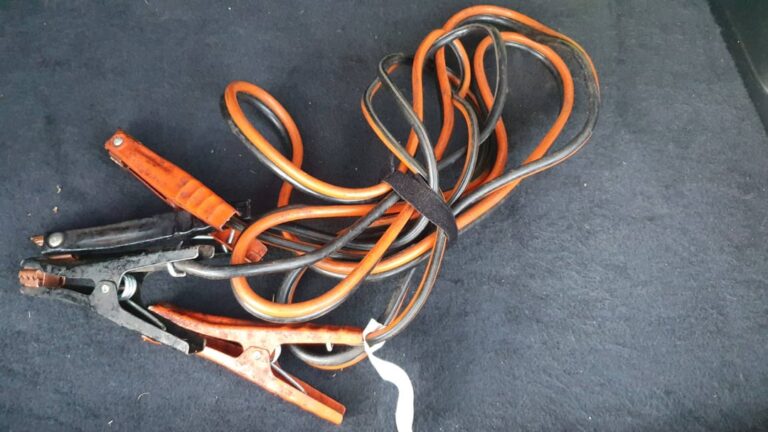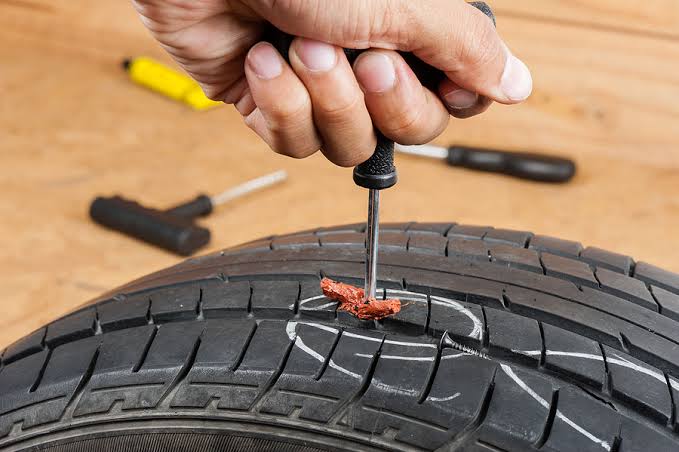Does Antifreeze Lose Its Effectiveness?

Antifreeze, also known as coolant, is essential for keeping your engine operating smoothly, especially during extreme temperatures. But many car owners often wonder: Does antifreeze lose its effectiveness over time? The short answer is yes, and understanding why can save you from costly repairs and ensure your vehicle performs at its best. This blog will explain how antifreeze works, why it degrades, and how to maintain it properly.
What Is Antifreeze and Why Is It Important?
Antifreeze is a liquid mixed with water and added to your car’s cooling system to regulate engine temperature. Its key functions include:
- Preventing Overheating: By absorbing heat from the engine.
- Preventing Freezing: By lowering the freezing point of the coolant during cold weather.
- Preventing Corrosion: By protecting the internal components of the cooling system.
Does Antifreeze Lose Its Effectiveness Over Time?
Yes, antifreeze does lose its effectiveness over time due to:
- Chemical Breakdown:
- The additives in antifreeze degrade with use, reducing its ability to prevent corrosion and control temperatures.
- Contamination:
- Rust, dirt, and debris can accumulate in the cooling system, diminishing antifreeze efficiency.
- Loss of Protective Properties:
- The inhibitors that protect against rust and corrosion become less potent over time.
- Evaporation:
- Small leaks or prolonged engine operation can lead to coolant loss, weakening its overall performance.
How Long Does Antifreeze Last?
The lifespan of antifreeze depends on the type you use:
- Conventional Green Antifreeze: Typically lasts 2-3 years or 30,000 miles.
- Extended-Life Antifreeze: Can last up to 5 years or 150,000 miles.
However, external factors like driving conditions, engine type, and coolant quality can affect its longevity.
Signs Your Antifreeze Needs Replacement
Here are common indicators that your antifreeze has lost its effectiveness:
- Discolored Coolant:
- Healthy antifreeze is typically bright green, orange, or pink. If it appears brown, rusty, or cloudy, it’s time for a replacement.
- Overheating Engine:
- Frequent engine overheating could signal that the coolant isn’t working properly.
- Unusual Odors:
- A sweet smell coming from under the hood may indicate coolant leaks or degraded antifreeze.
- Low Coolant Levels:
- Regularly low coolant levels may suggest leaks or evaporation.
- Visible Corrosion:
- Rust or corrosion around the radiator or coolant reservoir indicates compromised antifreeze.
How to Maintain Antifreeze Effectiveness
- Regular Inspections:
- Check your coolant levels monthly and inspect for discoloration or contamination.
- Flush the Cooling System:
- Replace the antifreeze and flush the system according to your vehicle manufacturer’s recommendations (typically every 2-5 years).
- Use the Right Antifreeze:
- Always use the type of antifreeze specified in your owner’s manual. Mixing incompatible types can reduce performance.
- Address Leaks Promptly:
- If you notice a coolant leak, have it repaired as soon as possible to avoid engine damage.
- Monitor Engine Performance:
- Keep an eye on your car’s temperature gauge for signs of overheating.
DIY Antifreeze Testing
To determine if your antifreeze is still effective, you can use a coolant tester available at most auto parts stores. This tool checks the freezing and boiling points of your coolant to ensure it meets specifications.
FAQs
1. Can I mix old and new antifreeze?
- It’s best not to mix old and new antifreeze, as the degraded additives in old coolant can affect the performance of the new one.
2. What happens if I don’t replace old antifreeze?
- Over time, old antifreeze can lead to overheating, corrosion, and significant engine damage.
3. Can antifreeze freeze in cold weather?
- Properly mixed antifreeze won’t freeze in normal winter conditions. However, weakened or diluted antifreeze may lose its ability to prevent freezing.
4. Is it safe to drive with low antifreeze levels?
- Driving with low antifreeze can cause the engine to overheat, leading to severe damage.
5. How can I tell if my antifreeze is leaking?
- Common signs of a leak include puddles under your car, a sweet smell, or low coolant levels.
Conclusion
Antifreeze is a critical component of your car’s cooling system, but it does lose its effectiveness over time due to chemical breakdown, contamination, and other factors. Regular maintenance, including coolant inspections and flushes, ensures your antifreeze remains effective and your engine stays protected. By keeping your antifreeze in good condition, you’ll avoid costly repairs and keep your vehicle running smoothly in all seasons.
Also Check:
• Does Coolant Expire in the Bottle?






One Comment